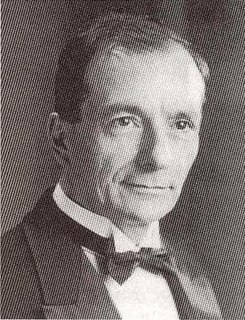A Quote by William Gibson
Fiction is an illusion wrought with many small, conventionally symbolic marks, triggering visions in the minds of others
Related Quotes
A fine memoir is to a fine novel as a well-wrought blanket is to a fancifully embroidered patchwork quilt. The memoir, a logical creation, dissects and dignifies reality. Fiction, wholly extravagant, magnifies it and gives it moral shape. Fiction has no practical purpose. Fiction, after all, is art.
[Seeds Are Small.] Becoming a force of nature doesn't mean that all of our aspirations must be "grand." First steps are often small, and initial visions that focus energy effectively often address immediate problems. What matters is engagement in the service of a larger purpose rather than lofty aspirations that paralyze action. Indeed, it's a dangerous trap to believe that we can pursue onlhy "great visions."
The truth is that Trout, like Vonnegut and Ray Bradbury and many others, writes parables. These are set in frames which have become called, for no good reason, science fiction. A better generic term would be 'future fairy tales'. And even this is objectionable, since many science fiction stories take place in the present or the past, far and near.
Let others lead small lives, but not you. Let others argue over small things, let them complain over what might have been, but not you. Let others cry over small hurts, let them be discouraged, let them be revengeful and vindictive, but not you. Let others leave their future in someone else's hands, let them become materialistic and empty, but not you. Let others become ungrateful and stop praying, but not you! Let others give up, but not you! For you know in whom you believe and you know that He is always able. Now, that's you!




































